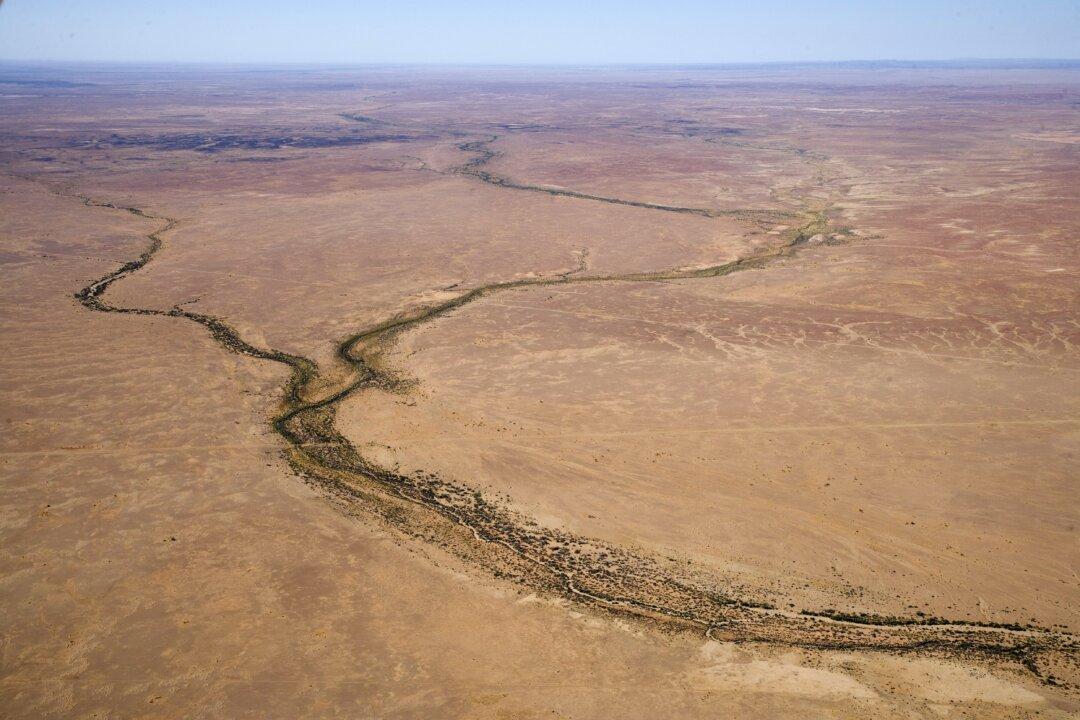A peak industry association representing Queensland’s minerals and energy producers has criticised the state government for banning new oil and gas development in the country’s largest drainage basin.
The ban came a few days after Queensland Premier Steven Miles assumed the position of the state’s leader following the resignation of predecessor, Annastacia Palaszczuk.





